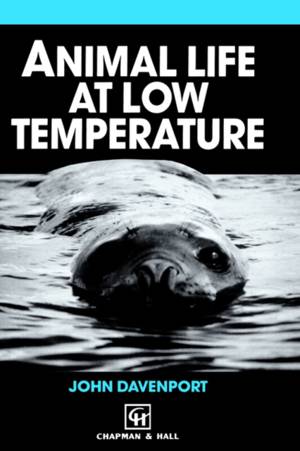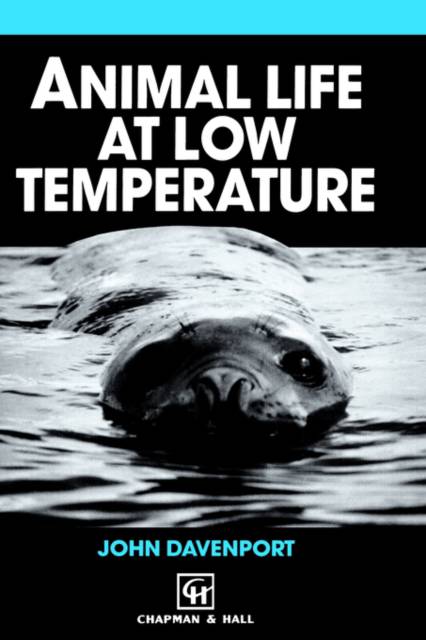
- Afhalen na 1 uur in een winkel met voorraad
- Gratis thuislevering in België vanaf € 30
- Ruim aanbod met 7 miljoen producten
- Afhalen na 1 uur in een winkel met voorraad
- Gratis thuislevering in België vanaf € 30
- Ruim aanbod met 7 miljoen producten
Zoeken
Omschrijving
To humans, cold has a distinctly positive quality. 'Frostbite', 'a nip in the air', 'biting cold', all express the concept of cold as an entity which attacks the body, numbing and damaging it in the process. Probably the richness of descriptive English in this area stems from the early experiences of a group of essentially tropical apes, making their living on a cold and windswept island group half- way between the Equator and the Arctic. During a scientific education we soon learn that there is no such thing as cold, only an absence of heat. Cold does not invade us; heat simply deserts. Later still we come to appreciate that temperature is a reflection of kinetic energy, and that the quantity of kinetic energy in a system is determined by the speed of molecular movement. Despite this realization, it is difficult to abandon the sensible prejudices of palaeolithic Homo sapiens shivering in his huts and caves. For example; appreciating that a polar bear is probably as comfortable when swimming from ice floe to ice floe as we are when swimming in the summer Mediterranean is not easy; understanding the thermal sensa- tions of a 'cold-blooded' earthworm virtually impossible. We must always be wary of an anthropocentric attitude when considering the effects of cold on other species.
Specificaties
Betrokkenen
- Auteur(s):
- Uitgeverij:
Inhoud
- Aantal bladzijden:
- 246
- Taal:
- Engels
Eigenschappen
- Productcode (EAN):
- 9780412403507
- Verschijningsdatum:
- 31/10/1991
- Uitvoering:
- Hardcover
- Formaat:
- Genaaid
- Afmetingen:
- 156 mm x 234 mm
- Gewicht:
- 544 g

Alleen bij Standaard Boekhandel
+ 518 punten op je klantenkaart van Standaard Boekhandel
Beoordelingen
We publiceren alleen reviews die voldoen aan de voorwaarden voor reviews. Bekijk onze voorwaarden voor reviews.







